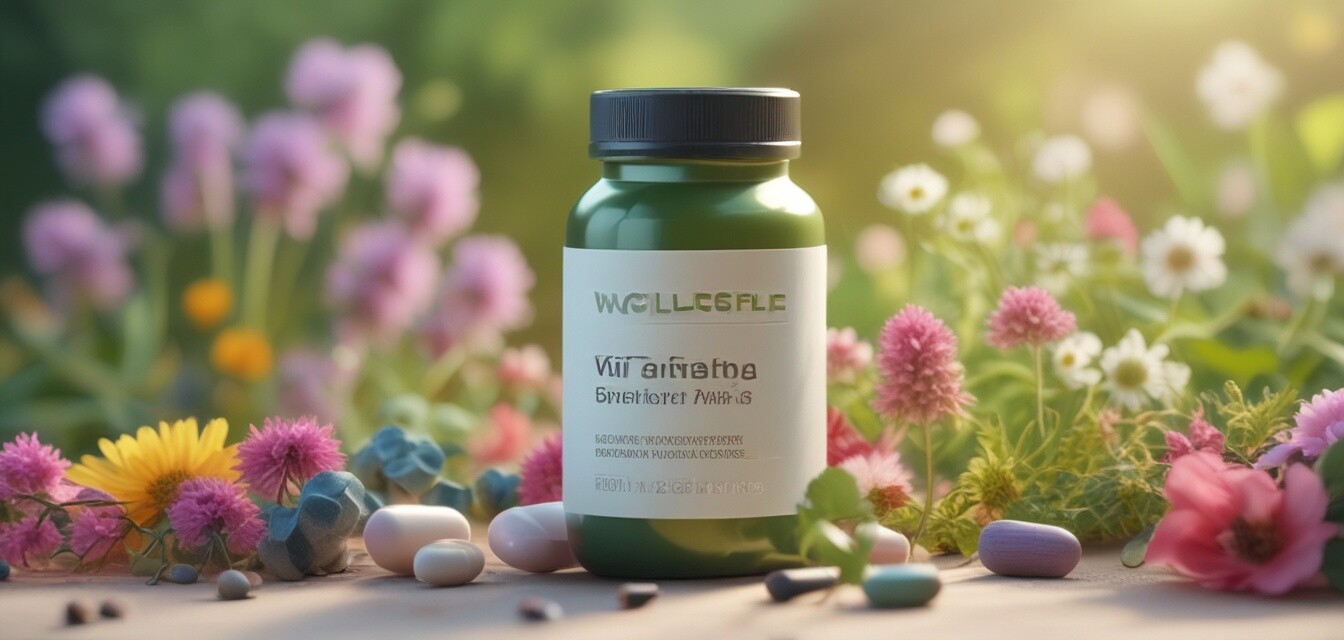
Essential Prenatal Vitamins for Women Over 35
Key Takeaways
- Choosing the right prenatal vitamins is crucial for women over 35.
- Pay attention to specific nutrients like folic acid, DHA, iron, and calcium.
- Look for multivitamins designed for the unique needs of older expectant mothers.
- Consult with a healthcare provider to tailor vitamin intake to personal health needs.
- Research brands that offer transparency in their formulations.
Pregnancy brings about many changes, particularly for women over 35. The nutritional needs may shift due to age-related factors, making the choice of prenatal vitamins more critical than ever. This guide delves into essential prenatal vitamins, highlighting specific health risks and nutritional needs to ensure both mother and baby thrive during this important time.
Why Prenatal Vitamins Matter for Women Over 35
As women age, certain health risks become more pronounced during pregnancy. Adequate nutrition can help mitigate these risks, providing essential building blocks for fetal development. Prenatal vitamins are designed specifically to fill nutritional gaps, offering nutrients vital for expectant mothers.
Key Nutrients to Look For
When selecting a prenatal vitamin, certain nutrients play a crucial role in supporting both maternal and fetal health:
| Nutrient | Importance |
|---|---|
| Folic Acid | Helps prevent neural tube defects |
| DHA (Docosahexaenoic Acid) | Supports brain and eye development |
| Iron | Prevents anemia and supports increased blood volume |
| Calcium | Maintains bone health |
Specific Health Risks for Expectant Mothers Over 35
Women over 35 may face unique health considerations during pregnancy, including:
- Higher risk of gestational diabetes
- Increased likelihood of chromosomal abnormalities
- Potential for high blood pressure issues
How Prenatal Vitamins Help Address Risks
A well-chosen prenatal vitamin can help address these health risks. For instance, extra folic acid is particularly important to reduce the potential for neural tube defects, making it a must-have in any prenatal regimen.
Choosing the Right Prenatal Vitamin
There are various factors to consider when selecting the best prenatal vitamin for women over 35:
- Formulation: Look for vitamins specifically crafted for older mothers.
- Brand Reputation: Research brands that provide transparency in their sourcing and formulations.
- Dosage: Verify that the vitamin meets or exceeds recommended daily allowances for essential nutrients.
Types of Prenatal Vitamins
Understanding the types of prenatal vitamins available can help simplify the decision-making process:
| Type | Description | Ideal For |
|---|---|---|
| Standard Vitamins | Provide essential nutrients without extras. | General use for all pregnant women. |
| Chewable Prenatal Vitamins | Easier to take, with tasty flavors. | Mothers who have difficulty swallowing pills. |
| DHA Prenatal Supplements | Focus on omega-3 fatty acids. | Women needing extra brain and eye development support for the baby. |
Consult Your Healthcare Provider
Before starting any prenatal vitamin regimen, it is essential to consult with a healthcare provider. They can help tailor recommendations based on individual health risks and needs.
Where to Buy Prenatal Vitamins
Expectant mothers can find a range of prenatal vitamins at various retail outlets, including:
- Pharmacies and drugstores
- Health stores
- Online platforms like Amazon for convenient purchasing
Among the options, consider exploring our selection of essential prenatal multivitamins to ensure you have access to the best formulations available.
Tips for Choosing the Best Prenatal Vitamins
- Always read the ingredient list to avoid allergens.
- Compare labels for nutrient content and choose what best fits your lifestyle.
- Consider subscription-based vitamin services for regular replenishment.
Pros
- Can improve maternal nutrient levels.
- Support fetal health and development.
- Availability of formulations tailored for older mothers.
Cons
- Some may experience digestive discomfort.
- Prenatal vitamins vary widely in quality.
- Require strict adherence to a daily regimen.
Conclusion
Pregnancy after 35 can be a rewarding experience, and selecting the right prenatal vitamins is vital for supporting this journey. Women should focus on their specific nutritional needs, consult healthcare providers, and choose quality-formulated prenatal vitamins to promote health for themselves and their babies.
For further guidance on different vitamin types, you can visit our blog section on Buying Guides or check out the full range of chewable prenatal vitamins that might better suit your needs.
